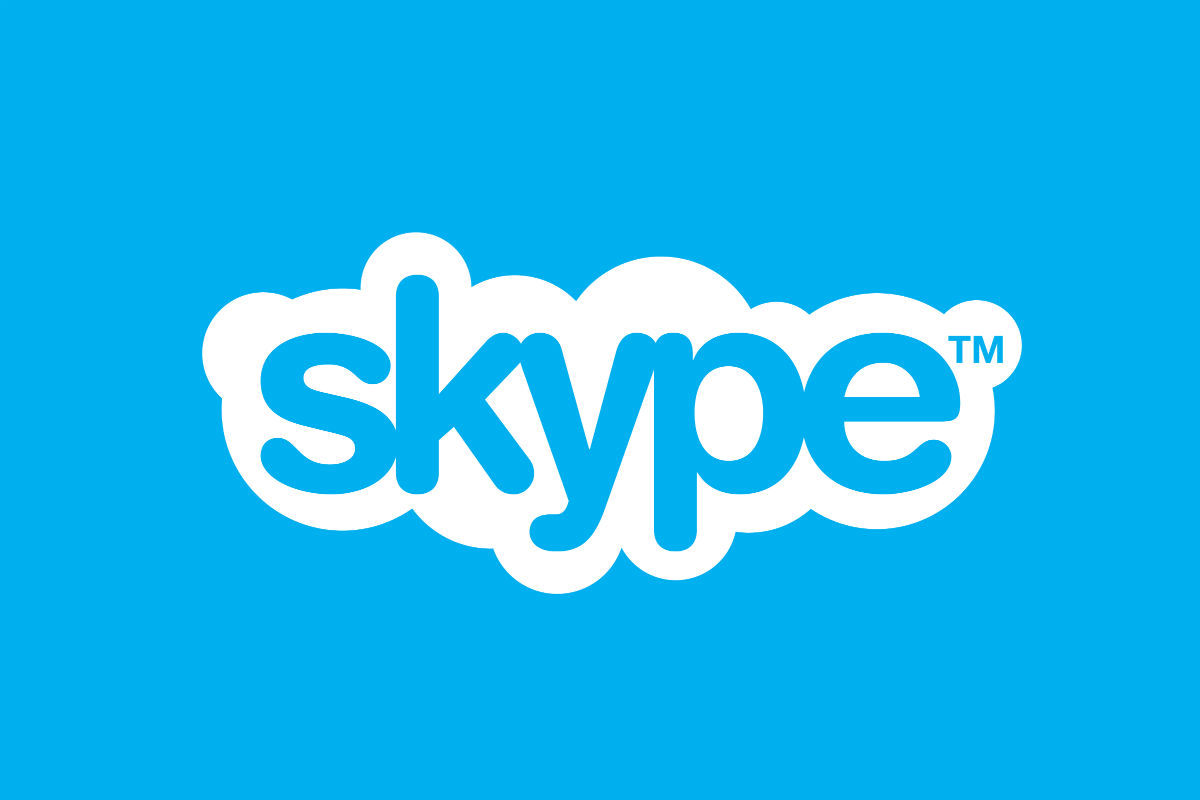Skype security flaw 'ignored' by Microsoft could allow hackers to gain access to users' computers
A fix will instead land in a newer version of the product rather than a dedicated security update

A security bug has been uncovered in Skype via its update process which could allow hackers to gain access to a user's computer.
If exploited by an attacker, the flaw could give a local unprivileged user full access to the system level rights, a security expert over at Seclists.org has warned, giving access to every part of the operating system.
"Once installed, Skype uses its own proprietary update mechanism instead of Windows/Microsoft Update," said security researcher Stefan Kanthak. "[Because] Skype periodically runs '%ProgramFiles%\Skype\Updater\Updater.exe' under the SYSTEM account, when an update is available, [the] Updater.exe copies/extracts another executable as '%SystemRoot%\Temp\SKYabcd.tmp' and executes it using the command line: '%SystemRoot%\Temp\SKYabcd.tmp" /QUIET'."
Kanthak explains that its this executable is vulnerable to DLL hijacking as it loads at least a DLL file called 'UXTheme.dll' from its application directory named '%SystemRoot%\Temp\' instead of from the Windows' system directory.
"An unprivileged (local) user who is able to place UXTheme.dll or any of the other DLLs loaded by the vulnerable executable in '%SystemRoot%\Temp\' gains escalation of privilege to the SYSTEM account," he added.
While Microsoft, who owns the video-calling service, has published plenty advice and guidance on how to avoid this error, Kanthak says the tech giant's own developers seem to be "ignoring it".
The security expert informed Microsoft of the bug in September, but according to the Seclists' reported timeline of the bug, a fix will instead land in a newer version of the product rather than a dedicated security update.
Get the ITPro daily newsletter
Sign up today and you will receive a free copy of our Future Focus 2025 report - the leading guidance on AI, cybersecurity and other IT challenges as per 700+ senior executives
"The [Microsoft] engineers provided me with an update on this case," he said. "They've reviewed the code and were able to reproduce the issue, but have determined that the fix will be implemented in a newer version of the product rather than a security update.
"The team is planning on shipping a newer version of the client, and this current version will slowly be deprecated," he added. "The installer would need a large code revision to prevent DLL injection, but all resources have been put toward development of the new client."
With no further action made by Microsoft since, Kanthak published the report on Friday as a warning to Skype users.
-
 Should AI PCs be part of your next hardware refresh?
Should AI PCs be part of your next hardware refresh?AI PCs are fast becoming a business staple and a surefire way to future-proof your business
By Bobby Hellard
-
 Westcon-Comstor and Vectra AI launch brace of new channel initiatives
Westcon-Comstor and Vectra AI launch brace of new channel initiativesNews Westcon-Comstor and Vectra AI have announced the launch of two new channel growth initiatives focused on the managed security service provider (MSSP) space and AWS Marketplace.
By Daniel Todd